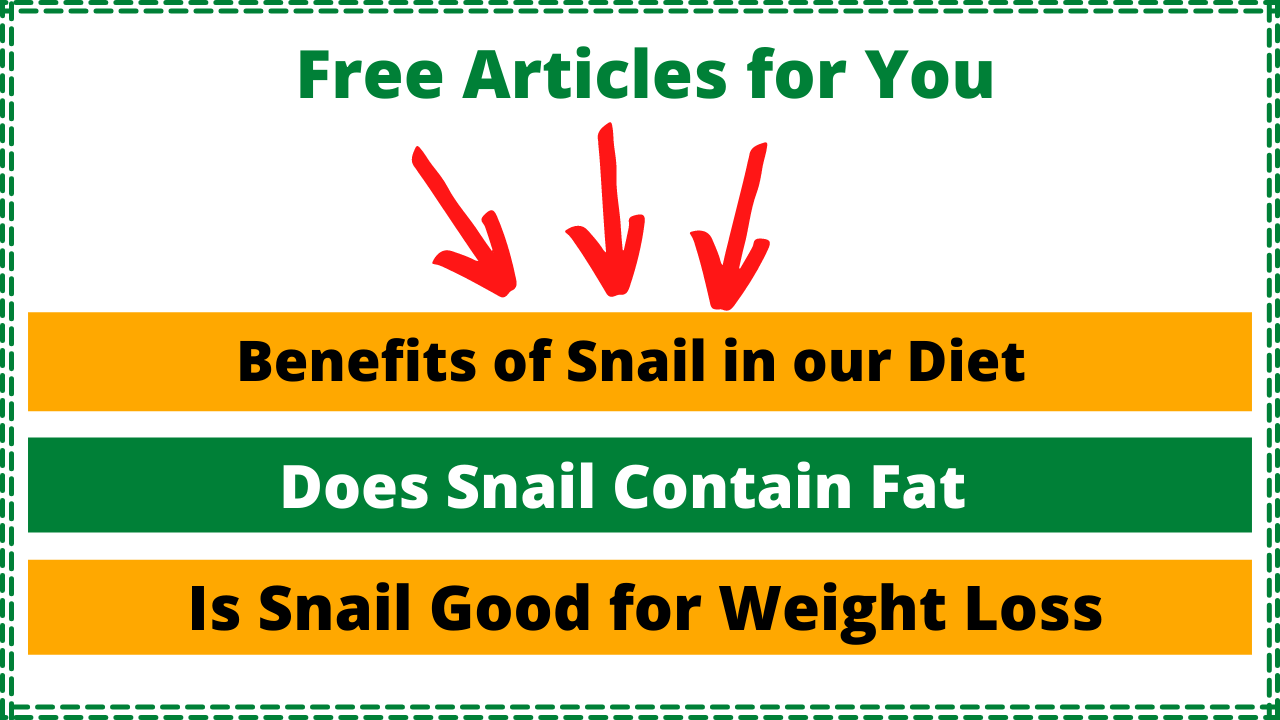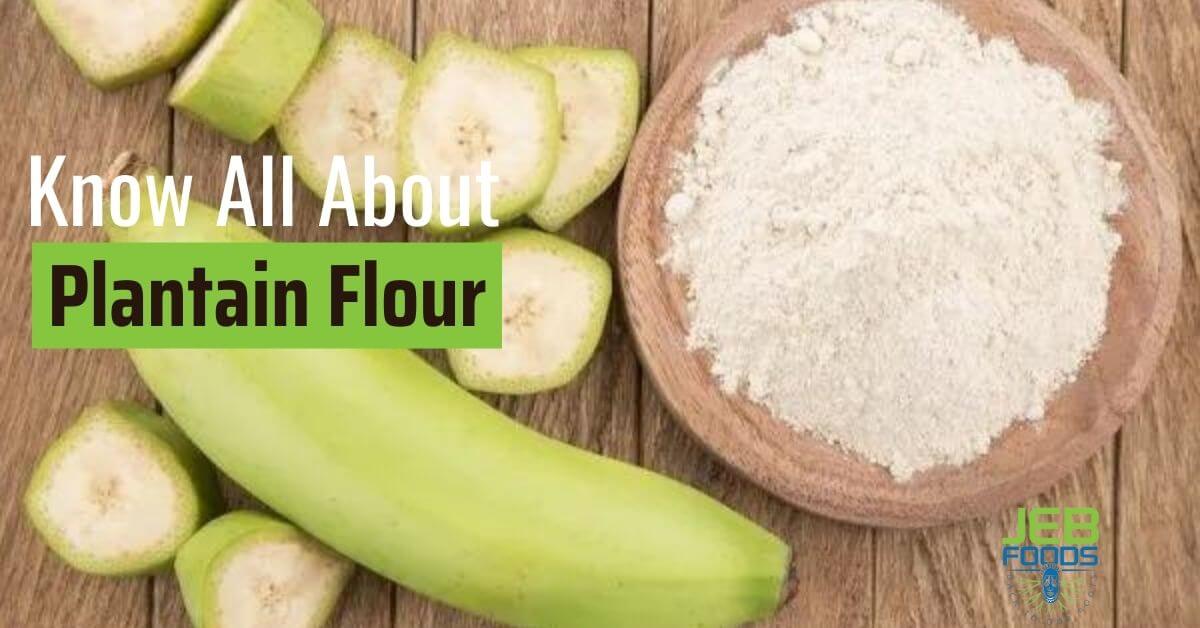If you are seeking to find out if snails boost blood? Yes, it does.
The chemical composition of edible snail meat demonstrates its building blood properties, owing to complete protein, amino acids and essential unsaturated fatty acids that it contains.
Snail meat is considered a delicacy in many parts of the world, high in calcium, potassium, magnesium, copper, zinc, selenium, and B-group vitamins.
It is virtually fat-free, carbohydrate-free, and sugar-free; this meant more options for me as I increased my protein intake and needed more options.
Not all Snails are edible, and the snail types do not contain the same nutritional content. See the health benefits of snails.
Let’s see the details of the protein level available in snails and how it can boost blood in the body.
The Type Of Blood Produced From The Intake Of Snails
Table of Contents
ToggleCompared to other farmed snails of the Cornu genus, the giant African land snail (LissachatinaFulica)has high fat and protein contents and a lower water level.
Red blood cells, RBC, is responsible for transporting oxygen to the different parts of the body, and when the blood count is low, your body has to work more to deliver oxygen throughout the body.
Low oxygen levels in your blood can put you at the risk of developing complications like depression, premature delivery, high risk of infections and other health issues.
To overcome this issue naturally, five nutrients that help RBC production must be an essential part of your diet.
How High Is The Protein Content Of Snails
Proteins are frequently used to refer to muscles or meat. In addition to being derived from various animal and plant foods, proteins serve multiple functions in the body.
All of our cells, hormones, enzymes, and neuromodulators are made of amino acids.
Snails contain the 9 essential amino acids, which are not produced by the human body but are required for proper functioning.
Daily food must contain a balanced, healthy and varied diet; this has always been the center of all nutrition discussions. They are;
- Histidine
- Isoleucine
- leucine
- Lysine
- Methionine
- Phenylalanine
- Threonine
- Tryptophan, and
- Valine amino acids.
What ingredients are both natural and a significant source of protein and amino acids
Snails are a great source of protein because they contain all of the essential amino acids.
According to research, the amino acids found in snails are better absorbed by your body than those found in casein or soy.
Snail’s amino acid composition is identical to that of eggs, among other rich sources of proteins.
However, the protein quality is determined not only by its amino acid content and richness but also by its digestibility; this is one of the benefits of animal proteins, which contain a high concentration of enzymes and are easier to digest than vegetable proteins.
Protein digestion is an essential step before it enters the bloodstream. Proteins enter the bloodstream and muscles quickly and then help to repair muscle fibers.
Snails lower the risk of cardiovascular disease and have a low cholesterol content. Furthermore, we can see from the nutrition content stated above that snail has a very low-calorie content (77 kcal per 85g) and only 2 percent fat.
What Other Essential Nutrients Can Be Found In A Snail
Here is a list of important essential elements in the snail that makes it suitable to boost the blood in the body.
Snail Has A High Selenium Content
Selenium is an essential mineral nutrient in the fight against diseases such as cancer and heart disease.
Selenium and vitamin E have a synergistic relationship, which means they complement each other very well. Both are potent antioxidants that aid in the prevention of tissue aging and hardening due to oxidation.
The mineral selenium is required for many bodily functions and can be found in every cell, particularly the kidneys, liver, spleen, pancreas, and testes.
Snails have Choline in Abundance
This is a water-soluble vitamin often classified as part of the vitamin B group.
It has various vital functions, including being part of the cell membrane, donors to the methyl group and the raw material for the neurotransmitter acetylcholine, required by various crucial processes in our body.
Our liver can produce some choline, but the body primarily requires it. As a result, it must be obtained from food sources.
Men’s recommended daily choline intake is 550 mg and 425 mg for women. Choline is an essential component of the nervous system and brain nutrients necessary for maintaining brain function.
Choline is also known to be necessary for the formation and maintenance of healthy cell membranes. Aside from that, choline protects the liver from fat accumulation and aids in transporting triglycerides from the liver.
Choline is necessary for the fetus and infants to aid in brain development; therefore, the baby should drink choline-rich breast milk.
Snail Is Rich In Chromium
Because chromium can break down fat, it can help prevent the buildup of bad cholesterol in the bloodstream. This is a good way to boost the blood in the body by eating snail.
Snail Contains A Lot Of Iron
About 3.5 mg or 19 percent of DV of Iron is a vital substance required by the body to ensure that the required number of blood cells are available every day.
When transporting oxygen, iron requires the assistance of other nutrients such as protein, which is later combined to form hemoglobin (in red blood cells) and myoglobin (in the muscle fibers).
Snails Contain Omega – 3 fatty acid
Snail contains 218mg of omega-3 fatty acids and 17.0mg of total omega-6 fatty acids. The American Heart Association (AHA) recommends getting 5-10% of their daily calories from omega-6 fatty acids. Healthy adults require 1-3 grams of omega-6 per day.
Omega-3 fatty acids are polyunsaturated fat that our bodies cannot produce. As a result, Omega-3 fatty acids are essential. Omega-3 is made up of fatty acids such as EPA (Eicosapentaenoic acid), DHA (Docosahexaenoic Acid), and ALA (a-linolenic acid).
Many benefits can be obtained by consuming Omega-3 daily without exceeding the recommended dose. Among them are:
Assist in the development of fetus and children’s brains and memories. Omega-3 is very good for improving our brain health because it influences the development of cells in the neurological system in the brain.
Omega 3 can also improve memory, making it suitable for those who frequently forget.
Prevent cardiovascular disease. Omega 3 is beneficial for preventing heart diseases because it can make arterial organs more elastic. Omega 3 can also reduce the risk of high blood pressure.
Brings down high cholesterol levels: According to studies, eating food high in omega-3 fatty acids regularly can help raise good cholesterol while also lowering triglyceride and LDL cholesterol levels in the blood.
Healthy vision. Omega 3 fatty acids are highly beneficial to overall eye health. Snails contain 100 UI Vitamin A, which is beneficial to the eyes.
Fetus in good health. Pregnant women who consume Omega-3 have more healthy and intelligent babies, and it also improves the quality of breast milk. Omega-3 fatty acids are critical for the baby’s mental and physical health.
Boost the child’s development. Children who consume omega 3 regularly benefit from improved physical and mental development.

How Does A Snail Get Its Nutrition
Giant African land snails diet consists primarily of vegetables and fruits. They are not carnivores, but they are omnivores, which means they will eat almost anything.
Snails require calcium to keep their shells strong, and in the absence of a readily available source of calcium, they have been observed gnawing through plaster walls, which provide trace amounts of the mineral.
Find out If snails are good or bad for consumption
Is Snail Good For Anemia
As seen from the nutritional properties of snail, snail meat will help reduce anemia caused by a lack of iron in a diet.
It has more protein and iron content and a lower fat content than beef and many essential nutrients such as calcium, magnesium, and vitamin A.
Snail meat contains the five major minerals and vitamins that boost blood circulation.
Consuming foods high in nutrient sources that promote red blood cells can help you increase your red blood cell count.
- Iron
Eating an iron-rich diet can help your body produce more RBCs. An iron deficiency frequently causes low RBC production. Women require approximately 18 milligrams (mg) per day, whereas men require only 8 mg.
- folic acid
Including specific B vitamins in your diet can also help. The average person requires 100 to 250 mcg per day. It is advised that you take 400 mcg if you menstruate regularly.
Pregnant women need 600 mcg per day.
- Copper
Although copper intake does not directly result in RBC production, it can assist your RBCs in accessing the iron required.
A link between low RBC production and copper deficiency may also exist. Women need 18 mg daily, while men require 8 mg per day.
However, your daily copper requirement is determined by some factors such as gender, age, and body weight. To determine how much you require, consult your doctor or a dietitian.
- Vitamins A:
Vitamin A (retinol) also aids RBC production. Every day, women require 700 micrograms (mcg). The recommended dose for men is 900 mcg.
Vitamin E: The average adult requires about 15 mg of vitamin E per day.
Is Snail Suitable For Pregnant Women
Pregnant women can get plenty of calcium from snails, which are an excellent source of nutrition while helping the fetus’s bones develop yet at the same time.
Many people believe that pregnant women should avoid eating snails because their babies will drool; this causes them to be highly concerned.
They must exercise extreme caution whenever they consume snails. However, this is just a rumor with no specific evidence to back it up.
As a result, the concept is illogical and unrealistic, and women should not be concerned.
The high calcium content of snails aids in the development of the fetal skeletal and dental systems.
Eating snails is beneficial to pregnant women. The high calcium content of this food promotes bone health and aids in the development of the baby’s bones and teeth.
Furthermore, calcium plays a vital role in forming the baby’s nervous system and heart while still in the womb.
Should People With Blood Conditions Eat Snails
Yes, when appropriately prepared alongside other healthy ingredients, snail is considered a safe meal. Snails contain 212 milligrams of magnesium per 3-ounce, 85-gram serving.
This amount provides 68 percent of the Food and Nutrition Board’s daily magnesium allowance for adult females and 53 percent of the RDA for men.
Magnesium helps with cell function, bone and tooth strength, and regulating nutrients such as calcium, potassium, zinc, and vitamin D.
You may be prone to high blood pressure, diabetes, osteoporosis, and heart failure if you don’t eat magnesium-rich foods like snails.
Who Should Avoid Snail Meat
In as much as we would love to have healthy and sufficient blood, some people still needs to avoid eating too much snail with the mindset of boosting their blood. Examples of such are People suffering from
- Heart Issues and
- High Cholesterol
One of the most significant advantages of snails is that they are a low-fat protein source; however, cooking them in buttery sauces increases the fat content.
Some fats accumulate in the arteries. These fine tubes transport oxygen-rich blood throughout your body and can become clogged over time if too much fat or other substances accumulate.
A clogged artery may result in a heart attack or a stroke. As a result, eating fat-rich sauces with snails increases the risk of developing heart disease or other health problems later in life.
Final Thoughts
In general, Does Snails Boost Blood, Yes it does since the human diet should be high in micronutrients, which are essential for good health. Snail is seen to have the vital properties to regard it as a good source of protein when prepared well.
Snail meat itself is not the problem but how it is prepared. It is imperative to note that eating raw snails is not advised as it can pose a health issue if an infected snail is ingested.
Thankfully, there’s no need to hunt for snails because you can easily find dried freeze-packed African giant snails available in the supermarket and online on Amazon.




